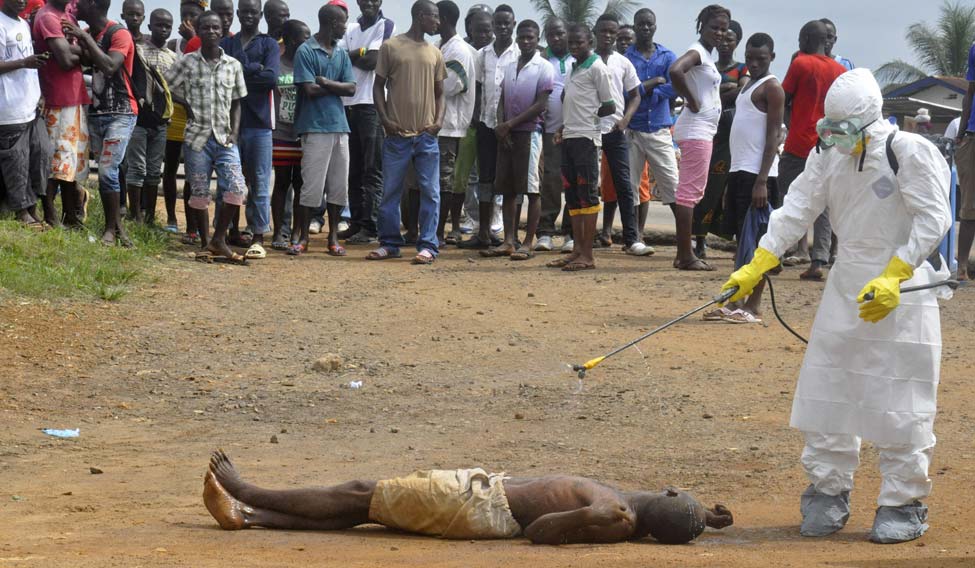Last March, the World Health Organisation declared that the Ebola outbreak, which had claimed 11,310 deaths and an economic burden of $2.2 billion, was no longer an emergency. Ebola disease was first identified in 1976, and till 2013, the WHO reported a total of 24 outbreaks and 1,716 deaths. But, till a two-year-old child from Guinea died on December 28, 2013, nobody feared a global epidemic. The WHO and its director general, Margaret Chan, came under fire for their slow response to the epidemic. Ebola was declared an international public health emergency only in August 2014. At the annual meeting of the WHO in 2015, German Chancellor Angela Merkel indicated a need to streamline WHO’s management to respond quickly to such crises. She said, ”I am convinced that if we act faster and have a clear command structure in place, we will be better equipped to combat a crisis like Ebola next time that happens.” The proposal for creating proactive research and development of vaccines came during the annual meeting of World Economic Forum in Davos in January 2016. A new international coalition called CEPI—the Coalition for Epidemic Preparedness Innovations—was launched in Davos on January 19, 2017.
Vaccines are often inaccessible or unaffordable to vulnerable population. CEPI is aimed at creating safe, effective and affordable vaccines that can contain outbreaks at the earliest possible stage. Research and development of a vaccine costs nearly $500 million. The cost factors led to the stalling of the development of vaccines. rVSV-ZEBOV, an experimental vaccine for protection against Ebola, was developed almost a decade ago by scientists from Canada and the United States. Created in 2003, it went for animal trials by 2005. Scientists were aiming to go for human trials and keep the product ready for licensing by 2011, but it never happened. Clinical trials and development of the vaccine started only after Ebola became a global epidemic. By October 2014, WHO, with other interested parties, started planning for clinical development of the vaccine and it helped in the containment of the disease.
Commercial viability of developing a vaccine came as a hindrance to the development of Ebola virus. In normal conditions, research and commercial production of vaccines will take nearly 10 years. Developing vaccines before epidemics arise will allow the health community to prevent outbreaks from becoming an international public health emergency. CEPI will prepare vaccine candidates for large efficacy trials and potential emergency deployment in an outbreak. It will coordinate resources from industry, academia, governments, philanthropies and NGOs to facilitate the advanced development of vaccines for emerging infectious diseases.
CEPI is in start-up phase until the end of 2017. During this period, an interim secretariat, provided by Norway, is coordinating CEPI activity with support from India, Wellcome Trust, the Bill & Melinda Gates Foundation and the World Economic Forum. Scientists from all over the world will meet in Paris at the CEPI partners forum on February 21. The conference is organised to highlight the urgency for action and the possibilities for vaccine development to neutralise global epidemic threats. CEPI will be unveiled to the scientific community at the conference, which will also serve to advertise its first call of proposals and facilitate discussions between potential collaborators.




